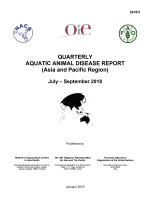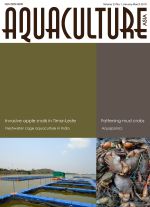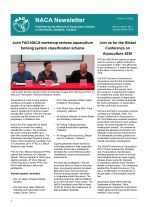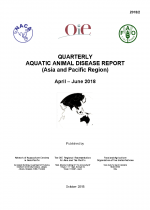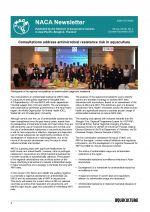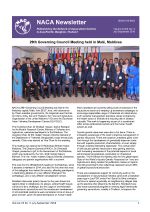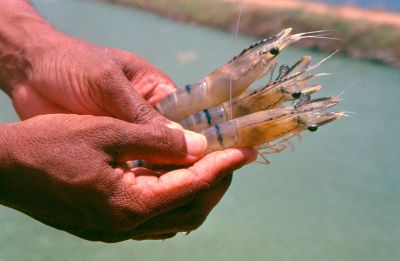
The Aquatic Animal Health Programme assists members to reduce the risks of aquatic animal disease impacting the livelihoods of farmers, national economies, trade, environment and human health by:
- Improving regional cooperation in aquatic animal health and welfare.
- Developing and implementing national strategies on aquatic animal health.
- Improving surveillance, reporting and response to disease emergencies.
- Promoting harmonisation of diagnostic procedures and risk assessment.
- Widespread promotion of better aquatic animal health management practices at the farm level.
Key activities
Key activities of the programme include:
- Convening the annual meeting of the Asia Regional Advisory Group on Aquatic Animal Health, coordinating the Quarterly Aquatic Animal Disease Report and bringing regional issues to the attention of global standard setting bodies such as the Office International des Epizooties.
- Establishment and expansion of a three-tier shared resource in aquatic animal health.
- Development of farm-level health management tools for key aquaculture commodities.
- Supporting regional disease surveillance and reporting.
- Strengthening aquatic animal health and biosecurity in the region.
- Facilitating harmonisation in disease diagnostic techniques.
- Developing resource material in support of diagnosis and surveillance.
Contacts
Creative Commons Attribution.
